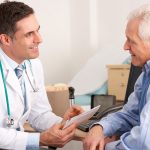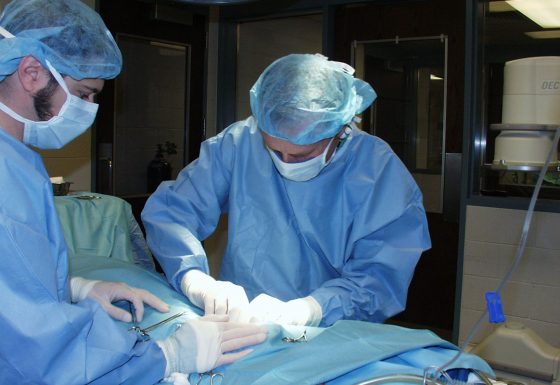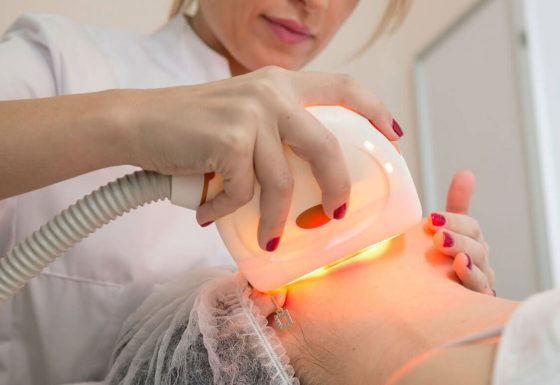Specialization branches
The following examples aim to explain the summary table "Facharzt- und Schwerpunktkompetenz" (Specialist and Specialty Competence). They specify the minimum time needed for four different "Facharzt" (Specialist) qualifications. At the end of each Specialist, Specialty or Extra Qualification course, the trained doctor must document the required disciplinary competencies by passing an examination in order to gain the relevant title: Specialist, Specialty or Extra Qualification.






